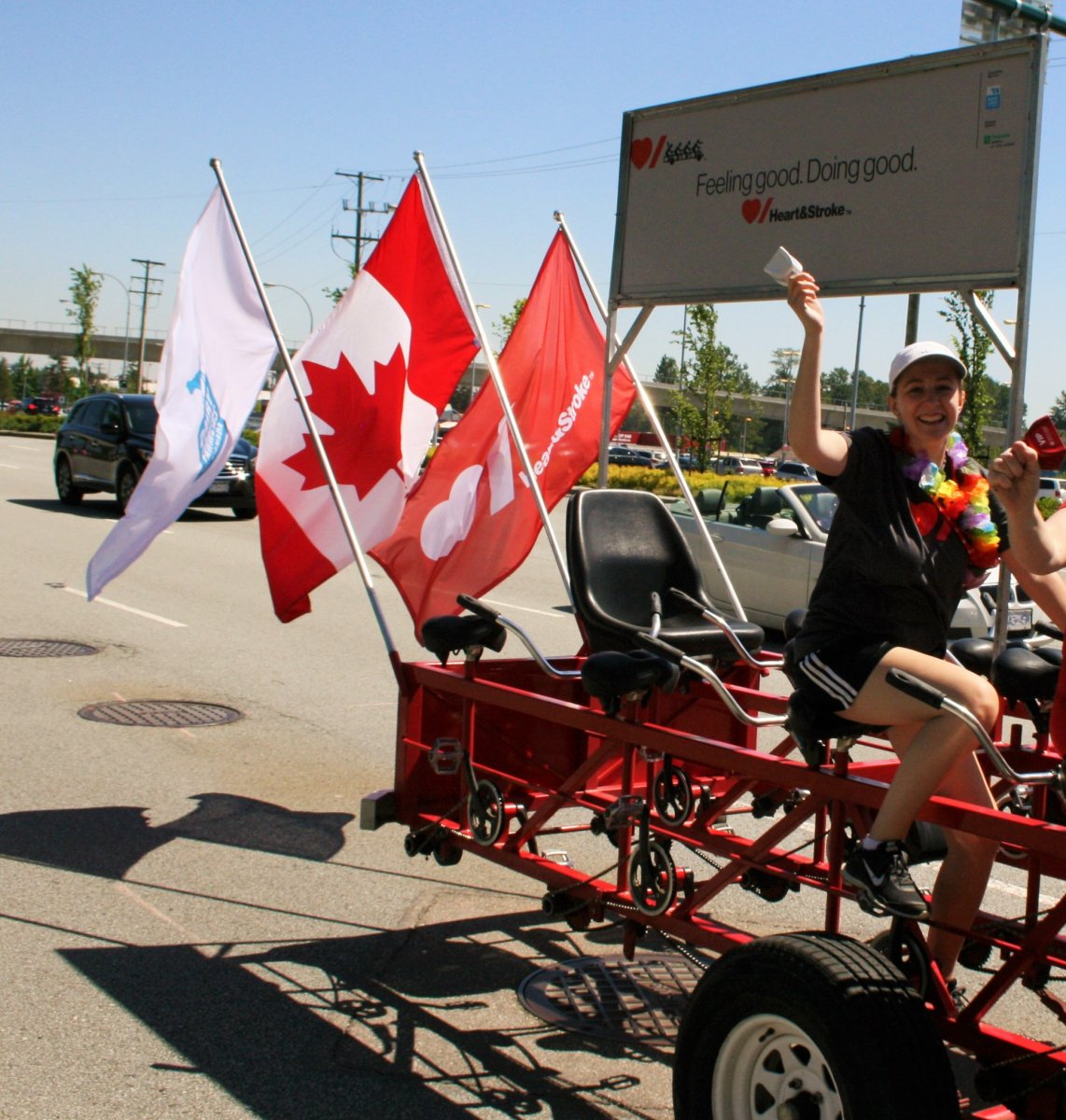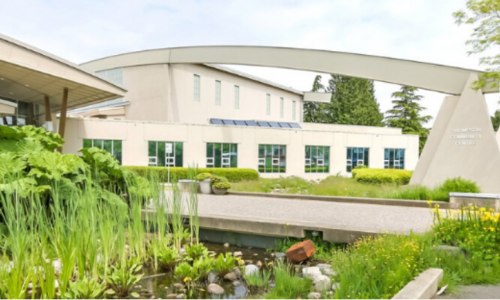
Here I will list three reasons why I benefited from accepting a position in a work term that was not directly related to my field of study.
Yes, you heard me correctly.
I am not kidding when I say that my mom has asked me on several occasions “What is the point of doing a co-op if it isn’t for a job in your field?” As a budding environmental scientist, I’ll admit I would not have expected to spend my summer working with the Heart & Stroke Foundation as a Community Campaigns Assistant. However, this experience proved my mother wrong as I gained many valuable skills, excellent office experience and the chance to work with some incredible people!
I am not the only student who has felt the pressure of gaining experience in a job related to their field of study. That being said, if you are also finding yourself in this daunting situation, have no fear! Below I’ve outlined three major skills I gained from working in a position outside of my degree, and how I think these skills will benefit me in the future.

1. Technological Breakthrough
This is only a slight exaggeration. Living in modern times, almost all jobs require basic computer skills or understanding simple technology to some degree. As I plan for a future in the Sciences, I know that technology and efficiency are going to be a crucial part of my career - whatever that may end up being. Before I began my position with the Heart & Stroke Foundation, I had little experience using computer systems in the workplace. However, during my co-op, almost all of the work I did was online, using various types of computer programs. I was required to: utilize, navigate and update complex spreadsheets, send professional emails and perform general office tasks, including copying and scanning documents. These tasks provided me with the opportunity to become more confident in navigating Excel, Outlook and Word with great efficiency and accuracy - I even got some experience in using basic functions within ArcGIS which is a commonly used mapping software that I will likely use in future jobs! The technological skills I gained with the Heart and Stroke Foundation can be applied to a variety of professional settings as these programs are widely used across multiple disciplines.
2. Working in the Non-Profit Industry
Working in the non-profit sector is a unique and rewarding experience and there is so much that can be gained from it! The Heart & Stroke Foundation is a national non-profit organization which fundraises to support heart disease and stroke research, as well as promote healthy lifestyles to Canadians. I was lucky to join my colleagues at a couple of fundraising events. It was incredible to see the energy and passion that everyone brought to their work to support a great cause. It is easy to find motivation when you think about all the people that will benefit from the organization’s successes. As a non-profit organization, there is a heavy reliance on volunteer contributions in order to successfully run all the programs and ensure that tasks are completed in a timely manner. I was lucky to work with several amazing volunteers regularly over the summer. In this role, I assisted in answering their questions and worked with them to solve problems. The experiences I have had with Heart & Stroke have shown me the benefits of working for a non-profit company. I can definitely see my future self working in an environmental non-profit organization, which I hadn’t really considered before this summer! This term has taught me the basics of the administrative work and professional communication skills required to work for a non-profit which I will carry with me into any future positions.
3. Being Independent in the Workplace
Although I was only with the Heart & Stroke Foundation for a little over three months, I felt incredibly respected and trusted by my supervisors and co-workers. I was entrusted with multiple responsibilities including: opening and closing the office by myself, working alone in the office and looking after administrative tasks. I spent most of my days working at my desk and learned the art of staying motivated while under my own supervision. Asking questions was obviously encouraged and if I was ever stuck, my supervisors were more than happy to help me out. Moreover, I was able to try my hand at managing my own time and prioritizing jobs for myself which was a new experience for me. In previous jobs, I was very much accustomed to working with other people. Now that I have experience working on my own, I feel more confident moving forward to apply to positions that require employees to conduct their own research or manage themselves in day-to-day situations. This is a tough skill to learn as it can be hard to motivate yourself when you are working on your own. The Heart & Stroke Foundation was an amazing opportunity for me to practice self-governance while still having a great support system around me!
In Conclusion
I am so grateful that I took a chance and worked outside of my degree this term. The opportunity provided me with valuable skills and experiences that I will definitely be utilizing in the future. If you ever find yourself worried about whether or not you can find experience in your field just remember – any experience is good experience!
Beyond the Blog
-
To learn more about opportunities like Lauren's visit the Environmental Science Co-op homepage














